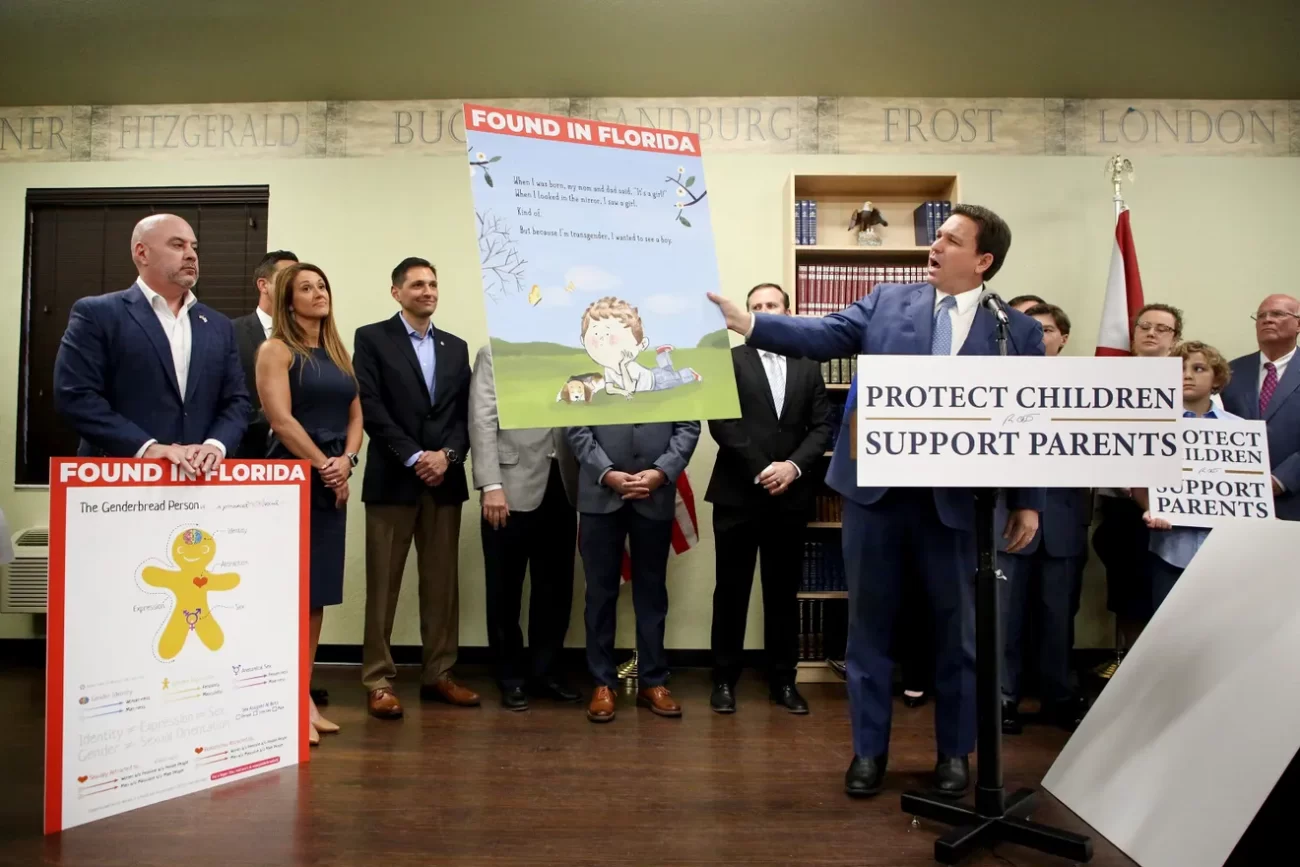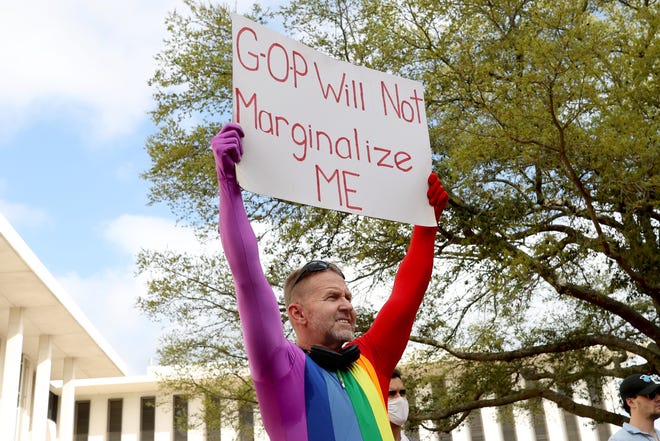
Judge dismisses lawsuit against Leon Schools that helped inspire ‘Don’t Say Gay’ bill
Tallahassee Democrat | By Ana Goñi-Lessan | January 17, 2023
“Because Plaintiffs’ remaining claims raise novel and complex issues of state law, this court declines to exercise supplemental jurisdiction over plaintiffs’ state-law claims,” the judge wrote.
A federal judge dismissed a lawsuit against Leon County Schools that alleged the district spoke to a teen about gender identity without the parents’ permission ― a requirement under Florida’s controversial parental rights in education law.
In his order to dismiss, U.S. District Judge Mark Walker of the Northern District of Florida wrote a state court, not federal, is the best venue, as the suit’s claims do not meet the high standard that federal case law requires.
“Because Plaintiffs’ remaining claims raise novel and complex issues of state law, this court declines to exercise supplemental jurisdiction over plaintiffs’ state-law claims,” Walker wrote in the Dec. 22 order.
In a statement to the Tallahassee Democrat, Superintendent Rocky Hanna said he applauds the decision and hopes “any further pursuit of appeals would result in the same action.”
“I personally met with the parents before this lawsuit was filed, and before the passage of the Parental Bill of Rights, and felt as though we had reached an amicable resolution,” Hanna said. “Unfortunately, this unnecessary lawsuit has now cost our school district — and ultimately taxpayers — thousands of dollars that otherwise would have gone to support the education of our children.”
The parents plan to file an appeal in federal court, according to a statement from The Child & Parental Rights Campaign, the public interest law firm representing the couple.
“We are disappointed and disagree in the strongest terms with the District Court’s dismissive treatment of constitutionally protected parental rights in this decision,” the statement reads. “We are optimistic that the Court of Appeals will overturn the ruling.”
The lawsuit against the district was a catalyst in the creation of the Parental Rights in Education Bill (HB 1557). The Child & Parental Rights Campaign worked with Republicans on the bill, which critics have derided as the “Don’t Say Gay” bill. The law was passed last year.
The suit alleges the district discussed restroom preferences and name changes without getting permission from the parents after they told a teacher they did not agree to those changes and wanted the child’s pronouns to remain those assigned at birth.
School officials spoke to the student in the fall of 2020 about bathroom preferences and pronouns after the student asked for the meeting. At the time, the district’s LGBTQ+ guide stated parents did not have to be told about a child’s gender or sexual identity. The guide has since been changed, which was one of the stipulations of the lawsuit against the district.
The parents also alleged the district acted with “deliberate indifference” to their constitutional rights and asked for damages as a result of district actions and the LGBTQ+ guide.
Walker, however, ruled that since the LGBTQ+ guide was changed in the summer of 2022 to include parental notification, the claims were moot.

The judge wrote the parents could hold the school board accountable. However, he said the claims do not meet the high threshold of “shocking the conscience as defined by binding case law.”
Walker cited Nix v. Franklin County School District as an example. In that case, the court did not find a Franklin County School District teacher’s conduct “conscience-shocking” when his in-class experiment with a live wire in 1997 resulted in the death of a student.
“Considering the 11th Circuit’s decision in Nix, that if a government actor’s deliberate indifference to serious risks to student safety that he himself created — which ultimately resulted in the death of a child — does not shock the conscience, then plaintiffs’ allegations also fall short of this standard,” Walker wrote.





